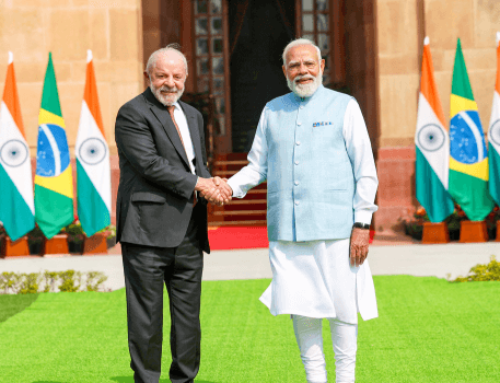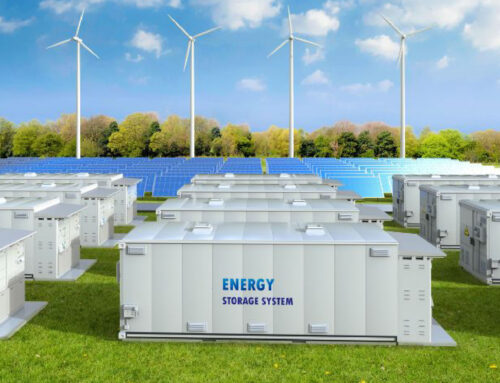
Australia and India have committed to work together on solar module production and deployment. The objective is to lower the cost of solar PV, battery energy storage systems (BESS), and other emerging sustainable technologies in both nations.
These two countries signed a Letter of Intent (LOI) with the stated goal of promoting local solar module manufacturing, as well as encouraging the development of clean hydrogen and other renewable energy technologies.
It was signed by Indian Minister for New and Renewable Energy (MNRE), Mr. RK Singh and Australian Minister for Energy and Emissions Reduction, Mr. Angus Taylor at the fourth ‘India-Australia Energy Dialogue.’
According to an MNRE statement, they agreed on an action plan that includes energy efficiency technologies, grid management, R&D collaboration on flue gas desulphurization, biomass or hydrogen co-firing, water cycle optimization, renewables integration, batteries, and electric mobility.
“This Memorandum of Understanding will pave the path for lowering the cost of innovative and renewable energy technologies and scaling up deployment to accelerate global emissions reduction,” it continued.
“Collaboration will be focused on concrete activities and projects, such as the manufacture and deployment of ultra-low-cost solar and clean hydrogen,” the Australian government stated in a statement.
The MNRE statement, which was significantly more specific in its account of the talk, also stated that the countries would work together on “coal-based energy security and resource deployment,” as well as investment opportunities in the mining sector and the possibility of an LNG relationship.
The MNRE has been vocal about its intention to reduce India’s reliance on China amid geopolitical tensions between the world’s two most populous countries, and ramping up domestic PV manufacture has been a prominent goal of Indian policy recently.
The country’s Production Linked Incentive (PLI) scheme received a quadrupling of cash in India’s budget declaration at the beginning of the month. This, along with a Basic Customs Duty (BCD) of 25% on solar PV cells and 40% on solar PV modules, is meant to stimulate domestic module manufacture and make Chinese solar imports less enticing.
Click Here for more updates ornatesolar.com
Resource: MintLive







Leave A Comment